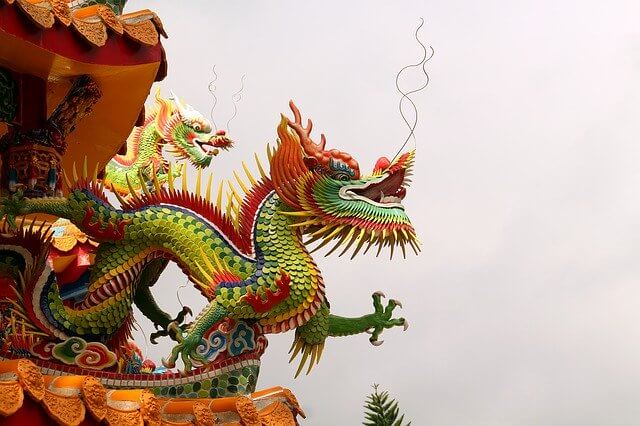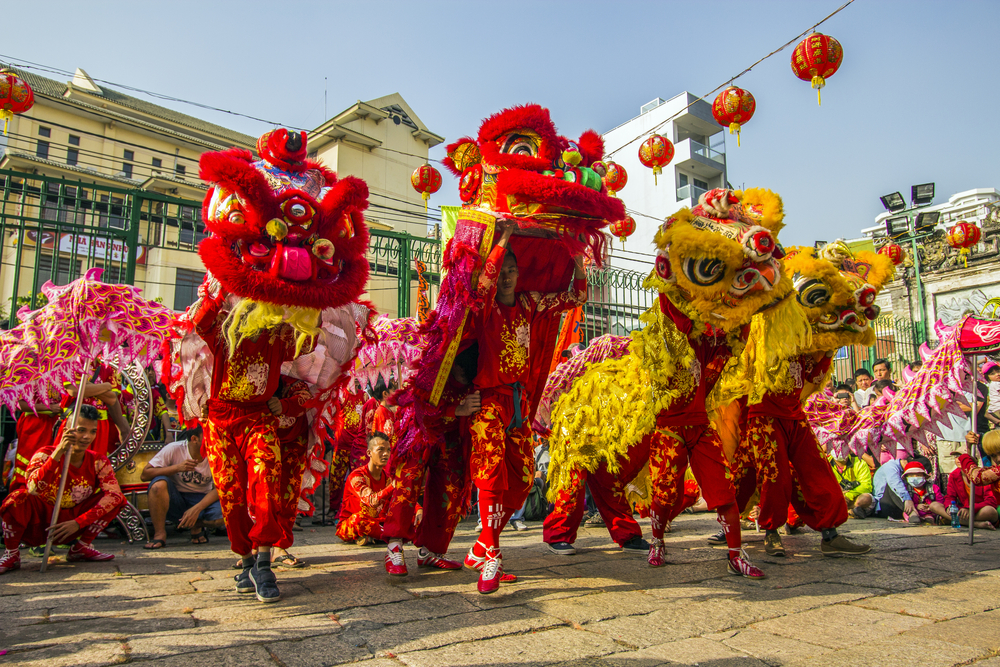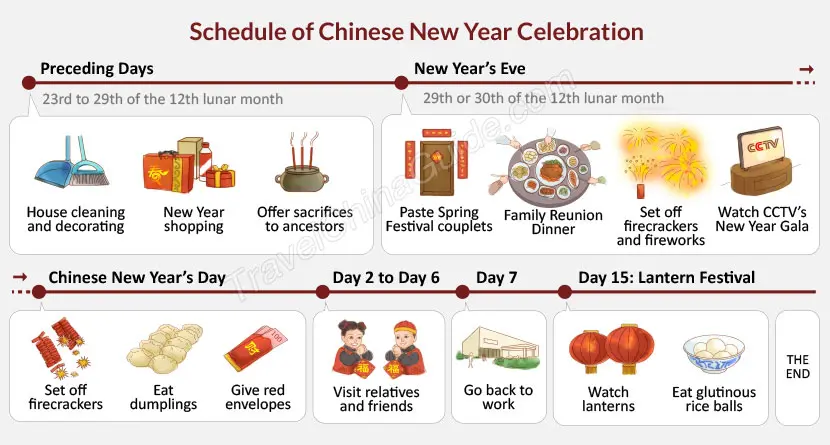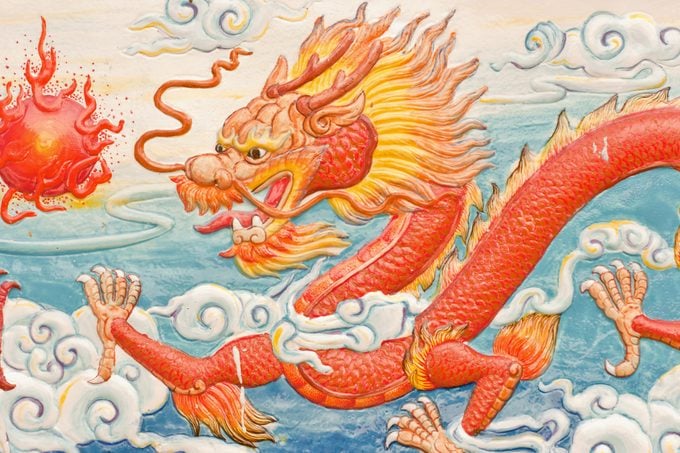Gallery
Photos from events, contest for the best costume, videos from master classes.
 |  |
 |  |
 |  |
 |  |
 |  |
 |  |
The dragon plays a central role in many traditional festivities during Chinese New Year. It is a prominent feature in parades and community events, where large dragon puppets are carried through the streets, accompanied by music and dance. The dragon’s multifaceted role in Chinese New Year celebrations is a testament to its enduring legacy in Chinese culture. From the vibrant dragon dance to the auspicious foods and decorations, the dragon symbolizes power, good luck, and prosperity. In Chinese culture, the dragon is inextricably linked to good fortune and prosperity. It is believed that the presence of dragons attracts auspicious events and favorable outcomes, particularly during the New Year. While we bid farewell to the Year of the Wood Dragon, the legendary Chinese dragon remains a powerful symbol, deeply rooted in Chinese culture. But what’s the story behind this mythical creature? Chinese dragons are powerful and benevolent symbols in Chinese culture, with supposed control over watery phenomenon, e.g. summoning rain during a drought. Dragons are everywhere in China — in legends, festivals, astrology, art, names, and idioms. And this year’s Chinese Lunar New Year, occurring Feb. 10, follows the Year of the Rabbit, with Dragon. In contrast to the other eleven animal signs (Rat, Ox, Tiger, Rabbit, Snake, Horse, Sheep, Monkey, Rooster, Dog and Pig) in the Chinese zodiac, Dragon is the only legendary creature. Despite China’s transition into a modern society, the Chinese dragon’s symbolism remains ever-present. It continues to be an essential element in Chinese art, literature, and popular culture, reflecting the enduring admiration and reverence for this mythical creature. Chinese dragon is one of the 12 Chinese zodiac animal signs. 2024 is the year of the dragon. Chinese dragon is a symbol of power, strength, and good luck. It stands for Yang. Ancient Chinese emperors all claimed they were sons of the Dragon. Associate Professor Xiaohuan Zhao, from Chinese Studies in the School of Languages and Cultures, shares what it means to be born in a Year of the Dragon or to live through the Year of the Dragon in 2024. What is Lunar New Year? And how is it different from the Western New Year? Since the mid-1990s people in China have been given seven consecutive days off work during the Chinese New Year. This week of relaxation has been designated Spring Festival, a term that is sometimes used to refer to the Chinese New Year in general. The origins of the Chinese New Year are steeped in legend. One legend is that thousands of years Chinese Calendar "Year" Established: In the Zhou Dynasty. The term Nian ('year') first appeared in the Zhou Dynasty (1046–256 BC). It had become a custom to offer sacrifices to ancestors or gods, and to worship nature in order to bless harvests at the turn of the year. VII. Modern Interpretations of Dragon Mythology in New Year Celebrations. As society evolves, so does the interpretation of dragon mythology in Chinese New Year celebrations. Modern influences have led to: Globalization: The representation of dragons has become more diverse, incorporating elements from Western culture and popular media. 2024 is the Year of the Wood Dragon. Dragon is the 5th animal in the 12-year cycle of the Chinese zodiac signs, coming after the Rabbit and before the Snake. Recent years of the Dragon include 2024 (this year), 2012, 2000, 1988, 1976, 1964, and 1952, with the next Dragon year in 2036 (Year of the Fire Dragon). Chinese New Year’s is here, and in Hawaii that means a visit from our favorite, jubilant, sometimes scary Chinese lions. They dance through local businesses and schools with blessings of good luck and fortune for the new year and clearing out any unwanted spirits. Chinese New Year's Eve and the first 3 days of Chinese New Year; will be made up on subsequent working days if any of the 4 days fall on Saturday or Sunday. The day before Chinese New Year's Eve is also designated as holiday, but as a bridge holiday, and will be made up on an earlier or later Saturday. Like the lion dance, the dragon dance is usually performed at Chinese traditional festivals such as Chinese New Year or important occasions such as business opening events. Dragon Dance Meanings of Dragon Dance. Like the phoenix and the unicorn, the dragon is a fictitious image in mythology. In 2024, the Chinese New Year falls on February 10 and ends on February 24 with the Lantern Festival. Welcoming the Year of the Dragon, this special event follows the Chinese zodiac (Sheng Xiao Lunar New Year marks the beginning of a new year on China's traditional lunisolar calendar. It is a time for family gatherings. It is the most important festival in China (where it is known as Chinese New Year or Spring Festival), and it is also widely celebrated in South Korea (where it is known as Seollal), in Vietnam (as Tet), as well as Singapore, Indonesia, Malaysia, and other countries The actual date of Chinese New Year does actually vary from year to year at the turn of the lunar calendar, but it will always fall between 21 January and 20 February. This year, it falls on
Articles and news, personal stories, interviews with experts.
Photos from events, contest for the best costume, videos from master classes.
 |  |
 |  |
 |  |
 |  |
 |  |
 |  |